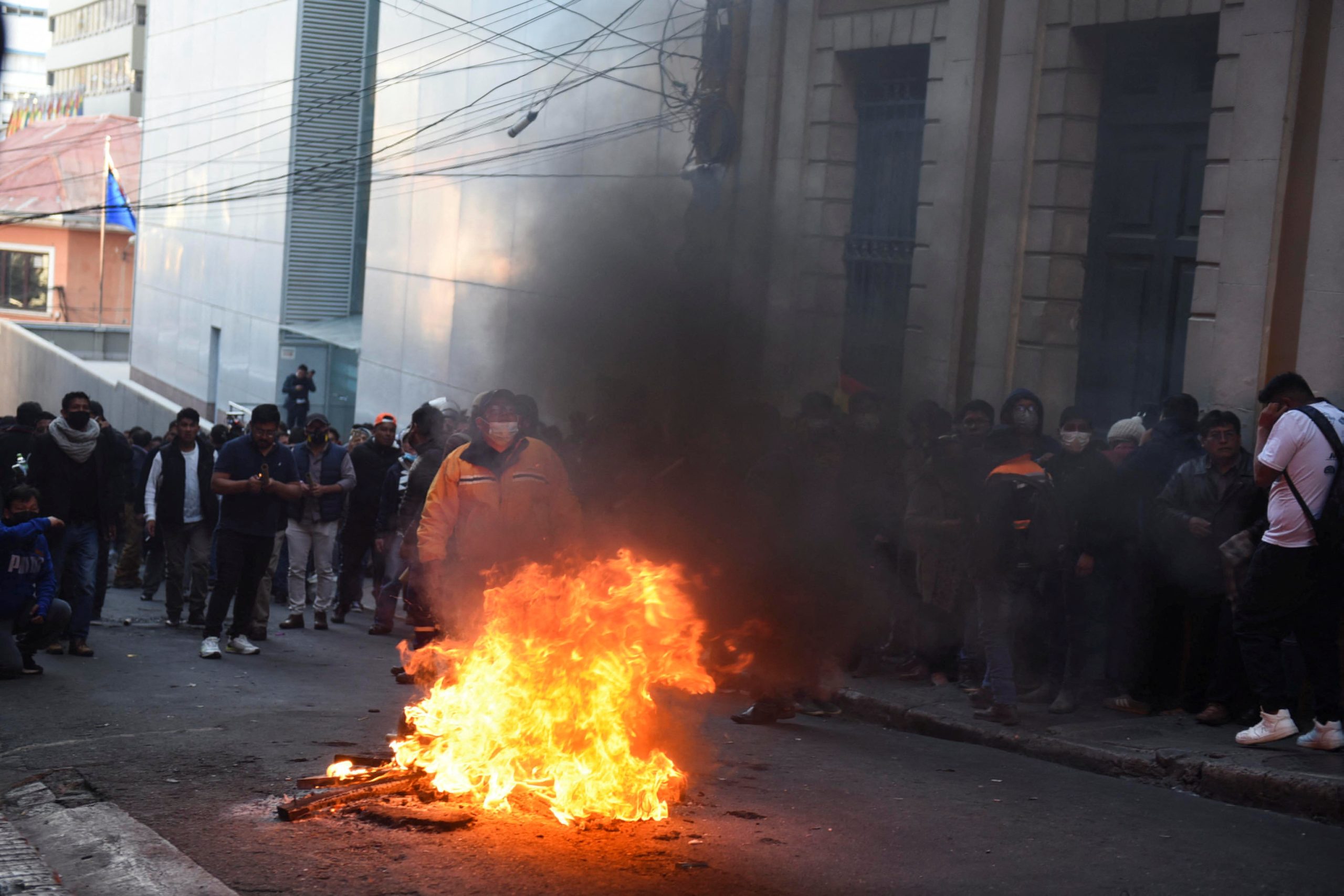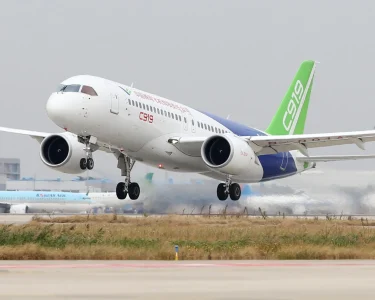On June 26th, 2024, Bolivia narrowly escaped a potential setback for its democracy. News broke of a military coup attempt led by General Juan José Zuniga, aimed at overthrowing the elected president, Luis Arce. Thankfully, the attempt was swiftly thwarted, showcasing the resilience of Bolivian democracy and the importance of international support.
A Nation with a History of Turmoil
Bolivia has a long and complex history with military intervention in politics. Since gaining independence in 1825, the country has witnessed numerous military coups and dictatorships. The 20th century alone saw a succession of military governments, with some lasting for extended periods. This history of instability cast a long shadow, and the attempted coup in 2024 was a stark reminder of this vulnerability. It is particularly concerning in light of the tumultuous period of 2019, when a disputed election led to social unrest and the eventual resignation of President Evo Morales.
The Events of June 26th
General Zuniga led a group of soldiers and armored vehicles towards the presidential palace in La Paz. The intention was likely to seize control of the government and potentially install a new leader. President Arce swiftly condemned the attempted coup and rallied for support. Bolivian citizens, weary of political instability, took to the streets in large numbers, demonstrating their commitment to democracy. Social organizations and political leaders also condemned the attempted power grab.
The international community played a crucial role in quelling the coup. Organizations like the Organization of American States (OAS) issued strong condemnations, while individual nations, including regional powers like Argentina and Brazil, voiced their support for President Arce’s democratically elected government.
General Zuniga and other high-ranking military officials were arrested, facing charges of armed uprising. President Arce vowed to investigate the motivations behind the coup attempt and hold those responsible accountable. Questions remain about potential co-conspirators and the underlying reasons that may have emboldened Zuniga.
A Victory for Democracy
While the immediate threat has been neutralized, the attempted coup serves as a stark reminder of the challenges Bolivia faces in solidifying its democratic institutions. The swift response by the Bolivian people, President Arce, and the international community is a testament to the strength of democracy. However, ongoing investigations and efforts to address any underlying causes are crucial to prevent future attempts.
Bolivia’s path forward requires a multi-pronged approach. Strengthening democratic institutions is paramount. This includes ensuring a strong and independent judiciary, a free and fair press, and a robust system of checks and balances. Additionally, fostering dialogue and inclusivity are essential. Addressing social and economic inequalities that may have contributed to discontent can help prevent future attempts to undermine democracy. Finally, continued vigilance is necessary. A strong civil society that actively monitors government actions and holds leaders accountable is critical for safeguarding democracy.
Bolivia’s experience offers valuable lessons. It highlights the importance of a strong civil society, a vigilant public, and robust international cooperation in safeguarding democracy. As Bolivia moves forward, it must focus on strengthening its democratic institutions, fostering dialogue, and addressing any societal grievances that may have fueled the attempted coup.






